On Writing: What Are The Different Types of Editors?
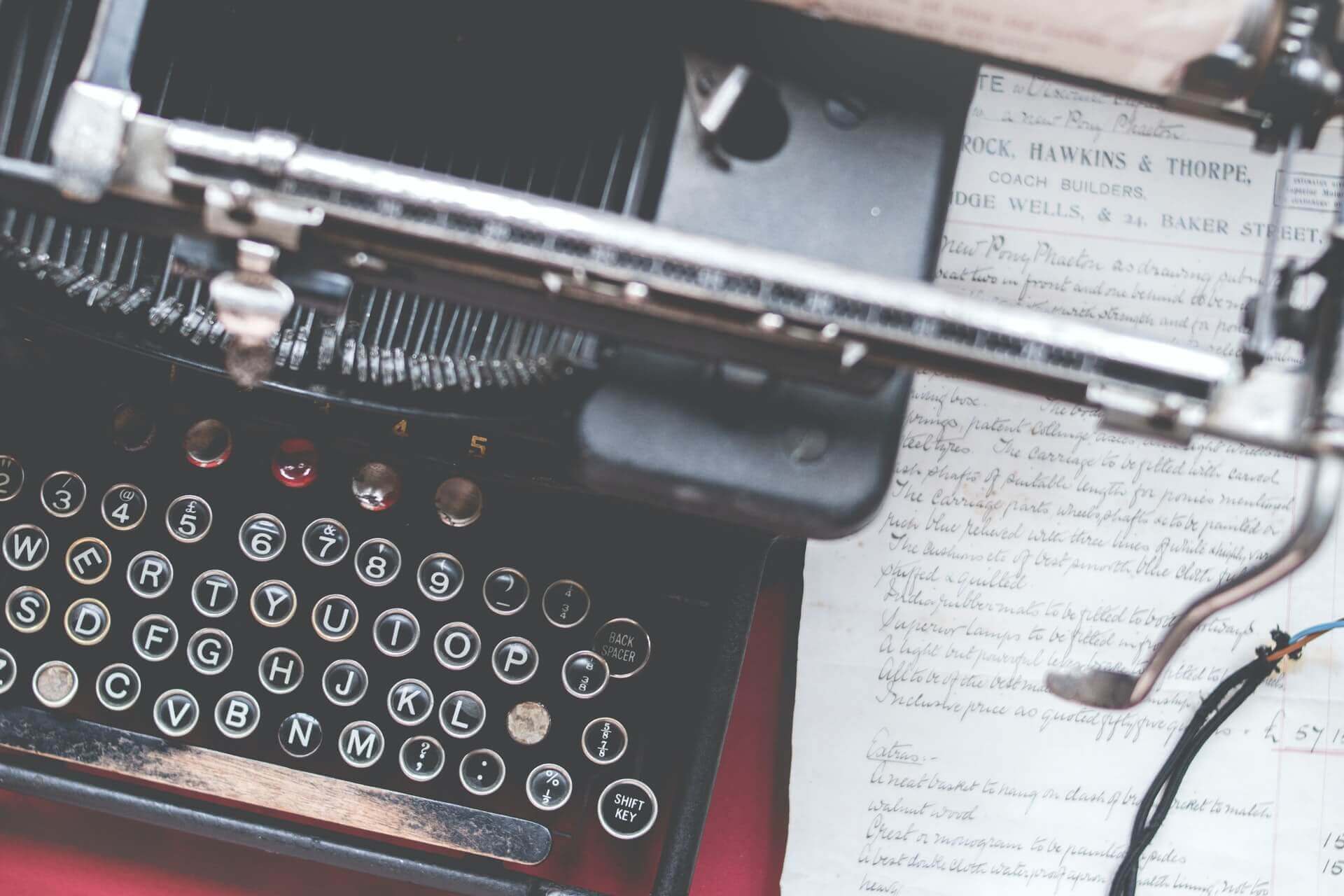
Today we have a guest post for you by a freelance book editor. While I have written extensively about writing on this blog, I haven't specifically written much about editing, and I certainly haven't explained the different types of editors that can help you make your book - non-fiction or fiction - the best it can be.
As an indie author it's imperative to me to produce and publish my best possible work, as sadly us self-publishing authors often have to put up with a stigma of being "less than" traditionally published books and this is why my number one piece of advice for any writer planning on going the indie publishing route is to work with an editor, and ideally, as this post will highlight, work with multiple editors depending on the needs of your book.
It actually took me a while to fully understand that there are many different types of editors who will work with you to iron out very different issues and help you prepare your book for publication, so it's great to have Carly Catt here to do that for you. Carly, from Catt Editing, is a freelance proofreader and copy editor for works of both fiction and non-fiction, and you can find out more about her and her services on her website or her Facebook page.
What Are the Different Types of Editors?
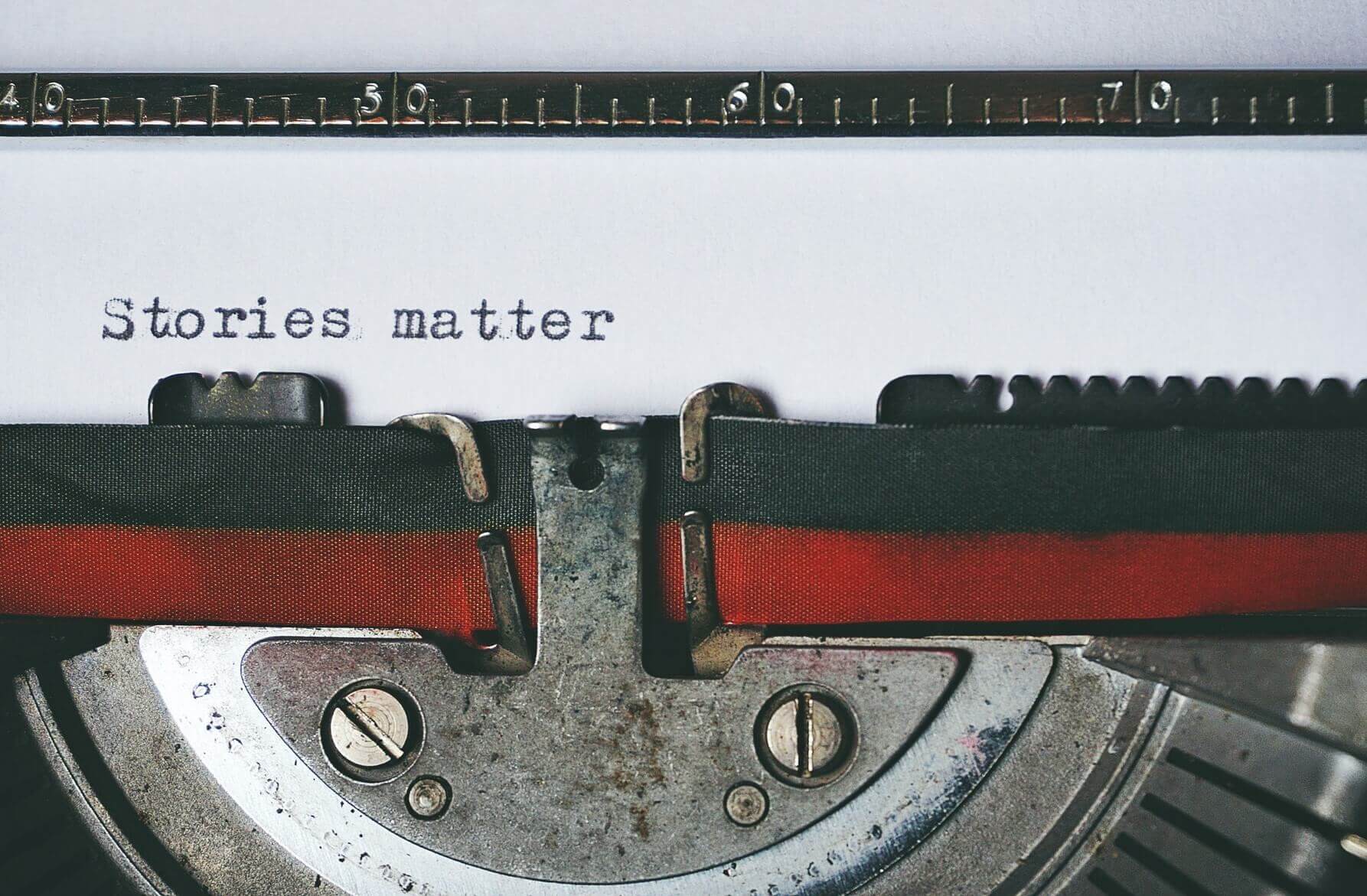
While there are some notable differences between the self-publishing and traditional publishing journeys, the need and importance of working with different kinds of editors are universal. However, for the purposes of this article explaining the different types of editing and outlining what different editors do, I am going to focus mostly indie authors and those about to self-publishing.
When Do I Start Working With Different Editors?
It should also be clarified that any writer will have to (or rather, should!) do a great deal of self-editing, re-writing and revising before they start to work with an external editor. The ideal time to start working with different editors is when you feel like you have done everything you can do for your book in getting it ready for publication. It's not always going to then be a case of handing it over to other people for them to finish - you will still need to work on it further, alongside these different freelance or hired editors - but you should be in a place where you feel you now need the support of someone else, or in other words, like it's ready to be read by someone else who can potentially identify ways to make it stronger and better.
In this post we are going looking at the four main types of editors you should consider working with. There are, of course, many other steps that need to be taken when publishing a book (e.g., book cover design, marketing, formatting, etc.), but this is just about the different types of editors so you can be thinking about who you need to look for. These editors and the different kinds of book editing are listed in the suggested chronological order of who you should work with, which will make sense when you start to read about them, so let's dive in!
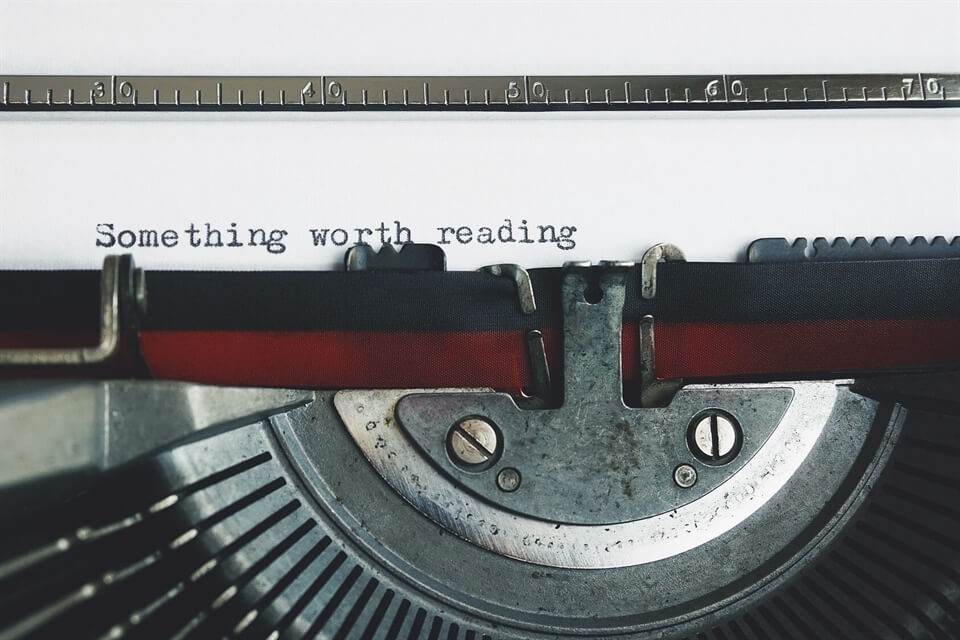
Developmental Editors
A developmental editor is the first person to send your book to after beta readers, if that's what you want to do.
A side note about beta readers who have become increasingly popular with some indie authors, and even traditionally-published authors. Beta readers are not professional editors but rather "normal" readers who will give you honest feedback about what they did or didn't like about the book. They are typically chosen because they are avid readers with experience (and an interest) in the kind of book you are working on.
Some authors have teams of readers who are essentially fans of the author's work and so they give pre-release feedback to the author once a draft is at a stage where they want structural feedback, in other words, these readers help the author identify if the book "works" or not, and if there are serious issues that need addressing. Not all authors have beta readers - and some will possibly use them at a later stage in the editing process - but it's something that you may read about so I thought it was worth explaining.
A developmental editor's role is actually quite similar to that of a beta reader, however, there are some notable differences. A developmental editor is a professional editor with demonstrable experience editing books for developmental, structural and other "major" issues. Developmental editors therefore will focus on the big picture that your book paints, i.e. it's its message and impact as a whole.
For a novel or work of fiction, developmental editing will involve the editor asking some (but certainly not limited to!) of the following questions about certain topics:
Your story's themes - Is it clear what your story is about? Is there a consistent theme(s)? Does it further the story?
The plot/sub-plots - Does the story make sense? Are there major plot inconsistencies? Does the reader go on a journey as they read the story?
The story's structure - Is the story organised in a way that is easy to follow for the reader? Could it be improve upon to be more useful or impactful to the reader? For example, does the reader know information at the appropriate time in relation to when the characters find out information? Is the timeline useful and engaging to the audience? Should there be flashbacks or should it be chronological?
Your novel's characters - Do they have consistent personalities? How are they important to the story? Do they progress or change at all throughout the story? Do their actions make sense to the situation?
For a non-fiction book, the developmental editor ensures the book is focused on the key topics and themes you want to talk about. Furthermore, the process of developmental editing ensures the most important messages, findings or advice is relayed in the best possible way, and likewise that the content, style and readability is on-task and targets the correct audience.
Non-fiction developmental editors will have experience in ensuring that the tone and jargon used must match the knowledge base of their target audience. They check organisation to guarantee it is logical for the reader, and that a reader does not get lost or confused. They focus on the audience to be sure the book fits their needs.
Depending on the developmental editors findings and suggestions, you may need to do a number of revisions, or even re-writes, to work in their feedback and to enhance your book further. It can be disheartening when this happens, after you have worked on your book already for a long time and you feel invested in the way the story already is. This is understandable and a good developmental editor will be able to explain effectively why and how the revisions are needed. This is why it's very important to have confidence in and a good working relationship with the developmental editor so you feel supported during this stage.
Line Editors
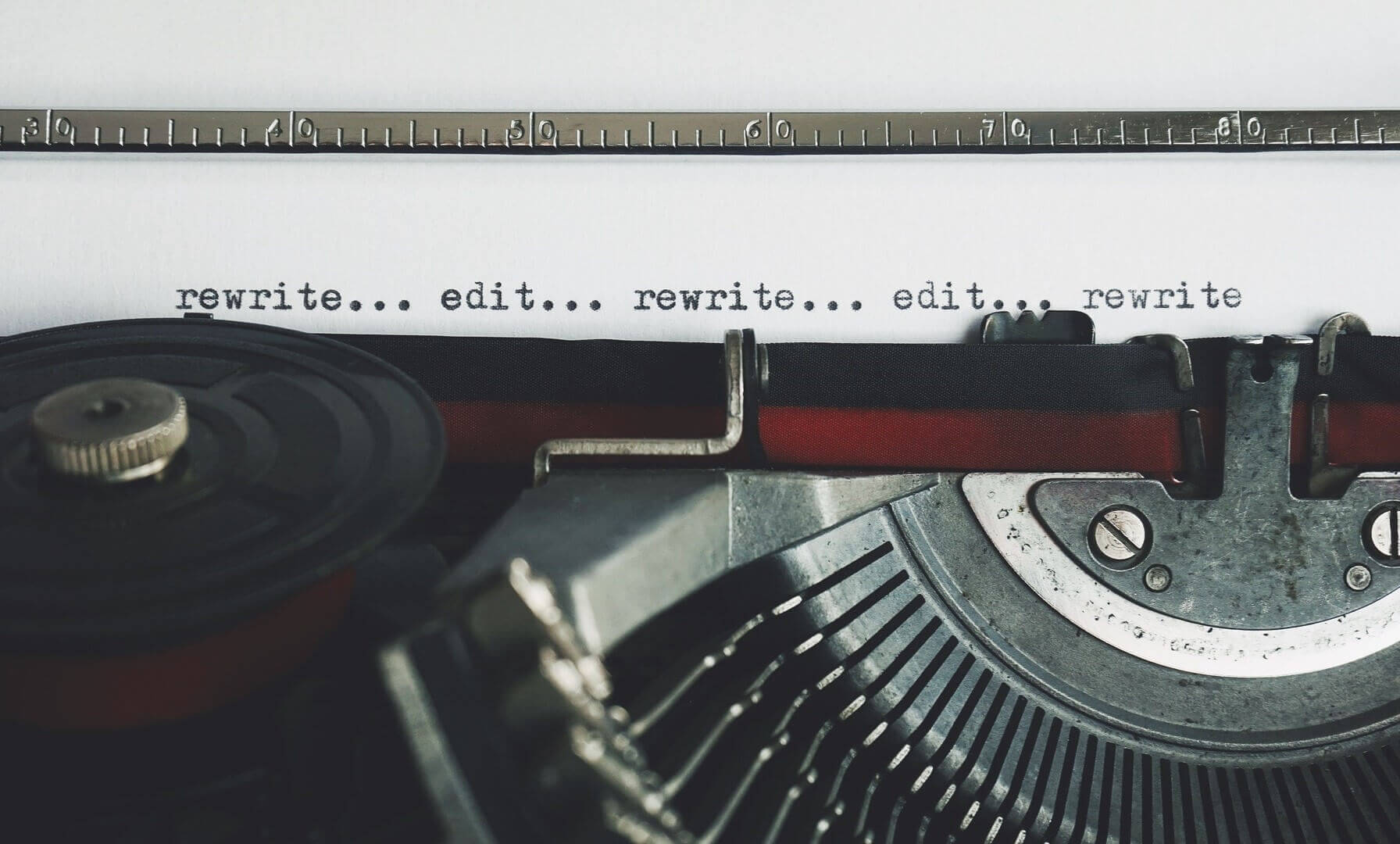
Once you have completed any necessary developmental edits, the next type of editor you will need to work with is a line editor.
A line editor focuses mostly only on the language you use in your book, and not on structural elements. Line editing is when someone examines how the story is told technically-speaking, and will identify and correct an inconsistencies in the language, points of view and tenses employed.
Line editors will also look at a book's language in relation to pace and readability, so that they can tell you to expand or condense certain areas, depending on if the pace is inconsistent, or generally-speaking, if it's too fast or too slow. They note the mood and voice throughout the book to ensure it is coherent, consistent and appropriate to the audience.
For works of fiction, line editors also check mood and voice in each scene so that it is accurate to what the characters and reader may be feeling at this point in the book. A line editor will also look at the organisation of chapters and sections to make sure they make the most sense to the reader. At this point, the story has been set: characters are fleshed out, plot holes are filled, chapters are decided on, and the timeline is finalised, however a line editor should be seen as another set of "fresh eyes" who can confirm if this is working or if small tweaks can enhance it further.
For works of non-fiction, line editors will not make any amendments regarding the actual content or the structure of your book, but they may look at the organisation on a closer level, i.e. within each chapter, and identify any possible areas that need clarification or tightening up. As the name suggests, line editors' main role is to look at the book "line-by-line" or sentence by sentence and make it as readable, as coherent and as "tight" as possible so that it reads like a well put together, professional and logical book.
Copy Editors
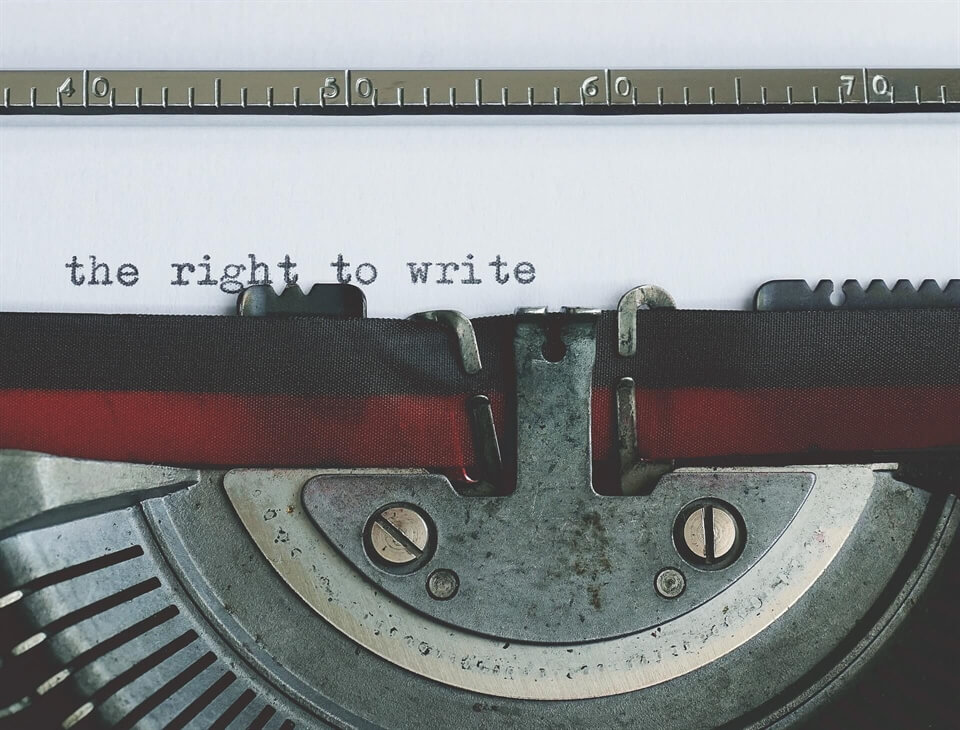
Copy editors are perhaps what people would consider to be typical editors, in that they are responsible for catching errors, mostly relating to grammar, punctuation, or spelling. With this in mind they don't just focus on each line, but they examine each word within a line, or sentence, and then address what isn't working. In addition to grammar, punctuation and spelling, copy editors will also look at spacing, formatting, and use of tenses and voices. They will also consider word choice, repetition, clichés, parallel construction and where relevant, sensitivity issues such as the use of curse words and/or bias in language.
While there will be different approaches by copy editors depending on whether they are working on a work of fiction or non-fiction, the goal of copy editing is the same - it's to produce a fully polished manuscript that is ready for just one last set of eyes before it is published.
Proofreader
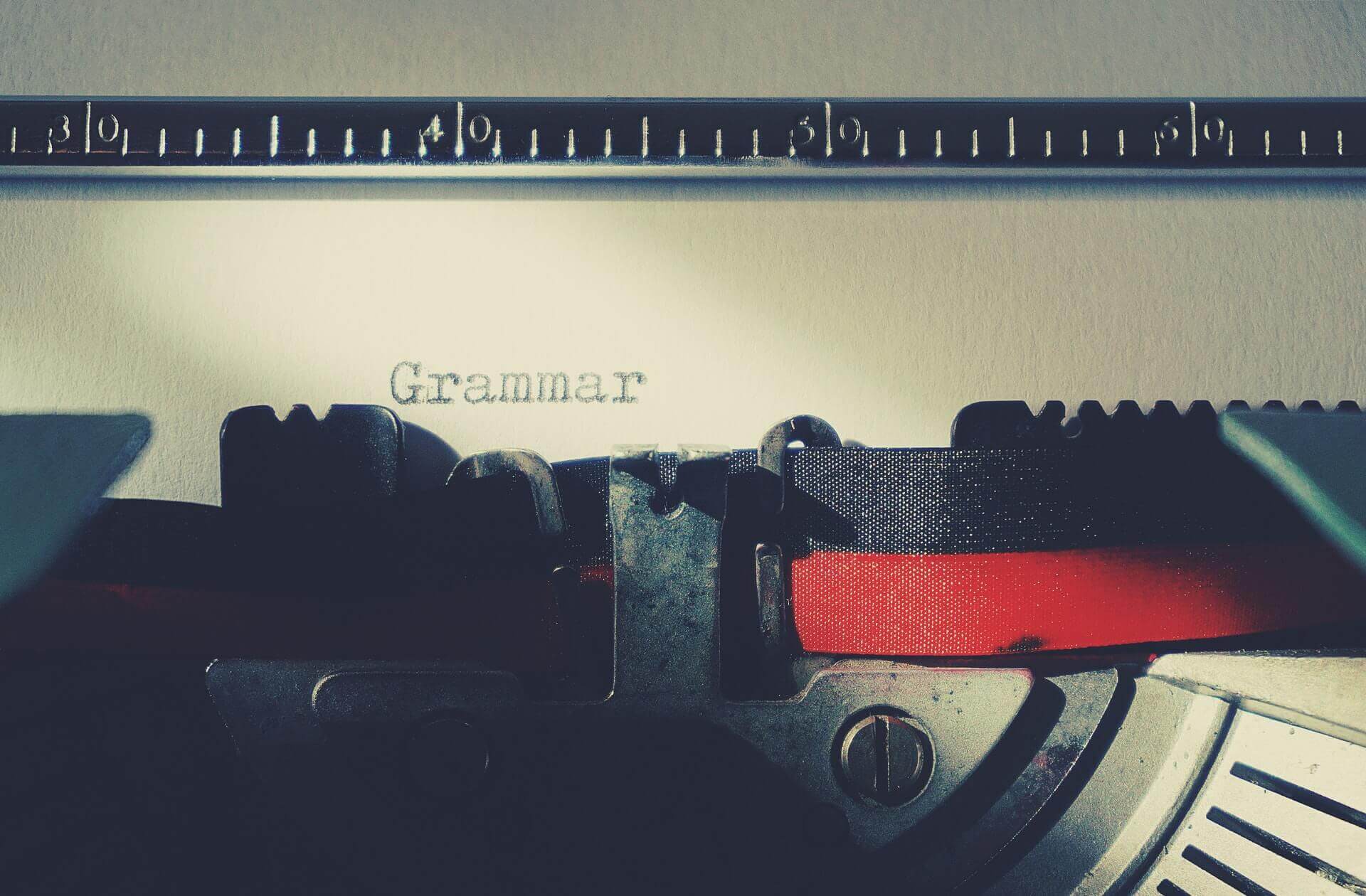
The last person to look at your manuscript before publishing is a proofreader. When I say that proofreaders are the last person in this process to work on your book before it is published, I really do mean that. You want to be sure a proofreader looks at your book after anyone else handles it because small, but distracting, errors can go unnoticed unless you have one last set of eyes look over your book.
Like copy editors, proofreaders do also check grammar, punctuation, spelling, spacing, and formatting, but they aren't going to be pre-occupied by the impact of the language used as much as copy editors, so they won't draw attention to word choices, or style, unless there is something obviously not working. Other editors may give suggestions or tips on how to make your book better or which word might fit better here—not proofreaders.
Proofreading editors are unlikely to suggest any changes; they will only correct things that are clearly wrong because they understand what stage the book is already in; it’s about to be published. Proofreaders just double-check and offer that fresh pair of eyes to sanity check everything that your tired eyes may have missed!
It might sound like these editors aren’t very important, or that they don't do much, but in reality, you'd be surprised how just a few small typos or spacing problems can have a big - and negative impact - on readers. Errors and typos happen all the time - especially when making multiple revisions to a document - and to not catch them would make your book look unprofessional and unappealing to readers. This is what makes proofreaders really worth it and as a proofreader myself I can say I'm proud to be the last person to give a book the go-ahead in its most polished state, ready for readers to enjoy.
Now that you know the differences and importance of each type of editor, go get to work on finding the best editors for your project! When you’re ready for a copy editor or proofreader, visit my website to find out what I do, I’d love to work with you! I hope this was helpful to you as you take your next step to publishing your book!
If you'd like to save or share this post, here are some images you can pin:
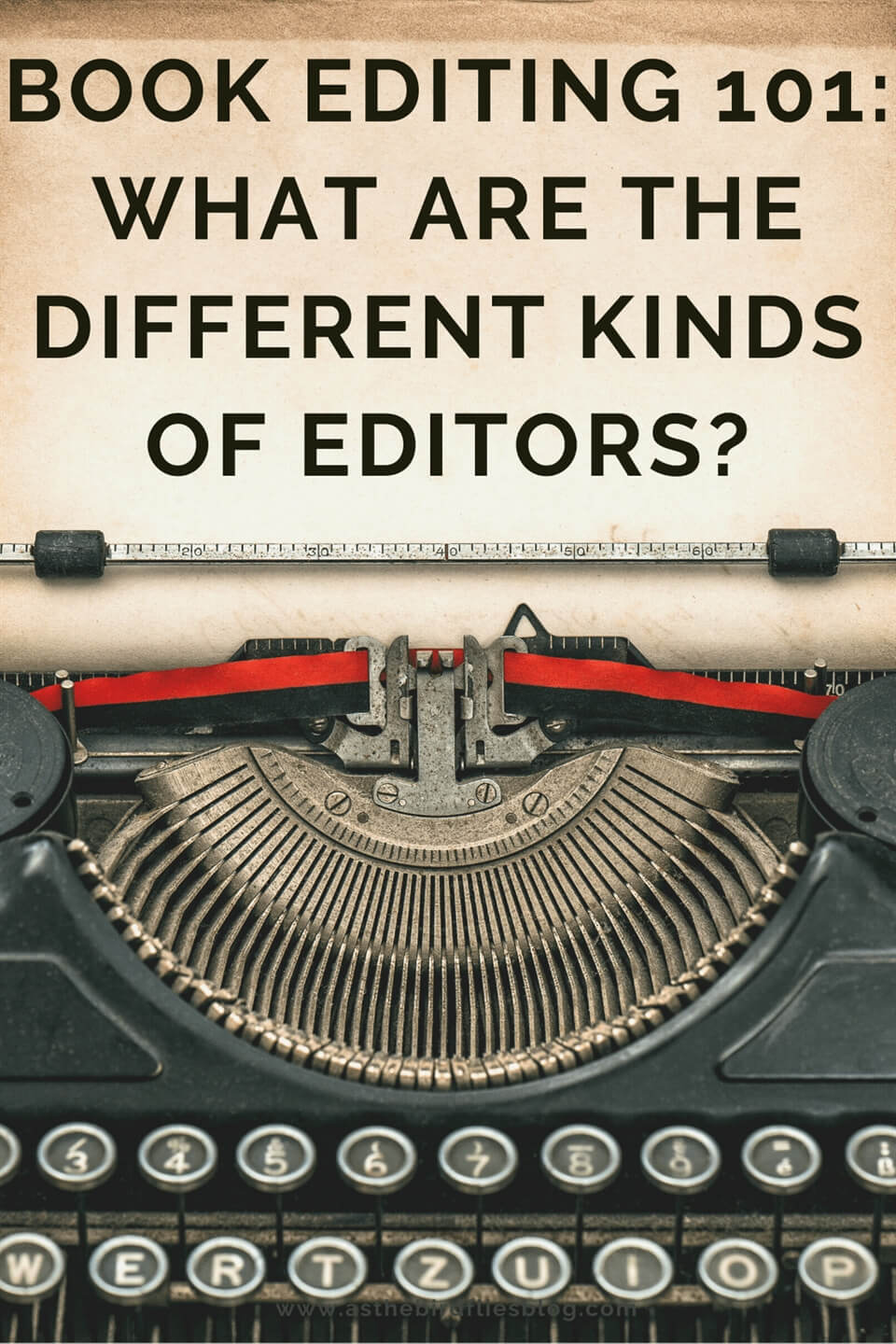
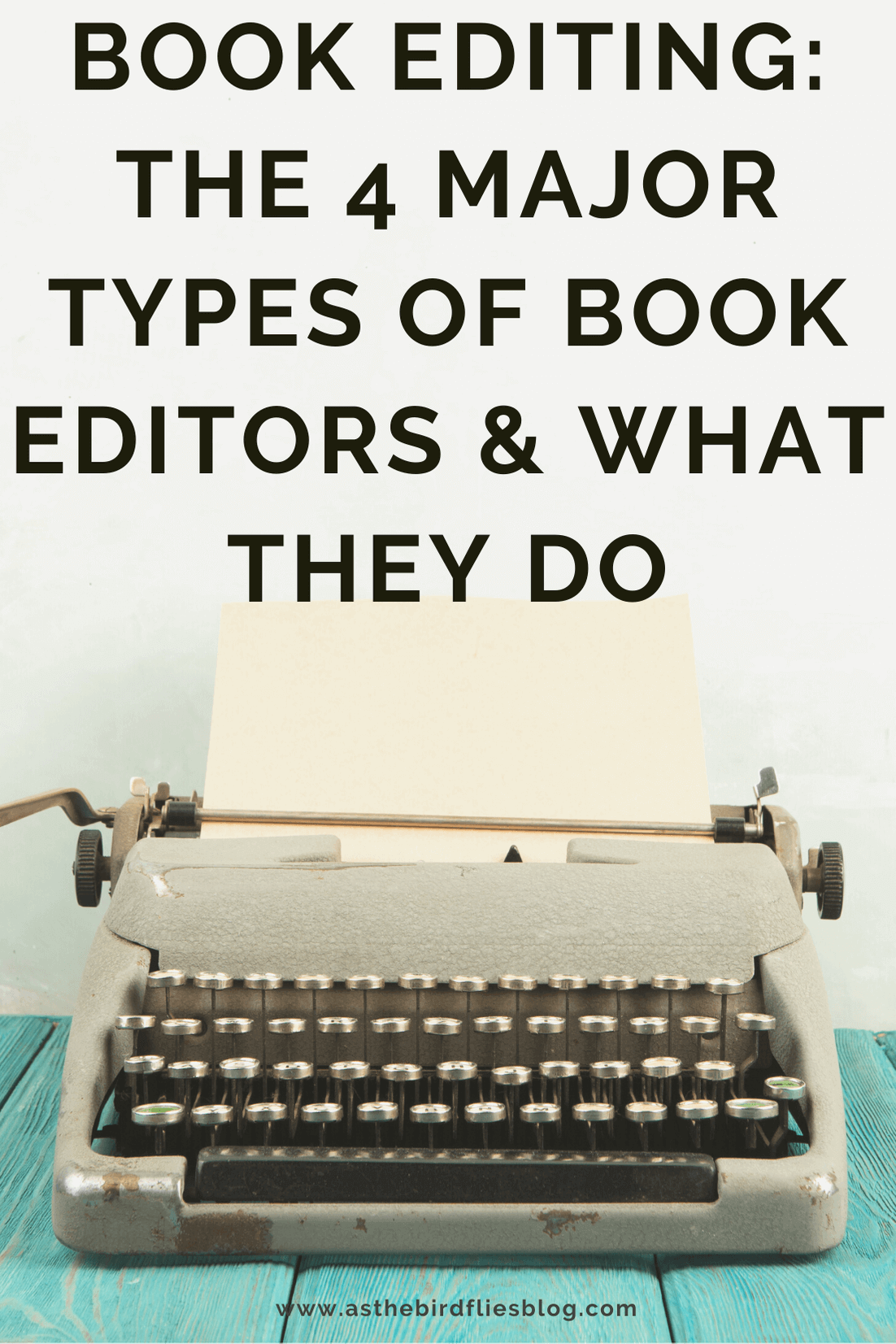
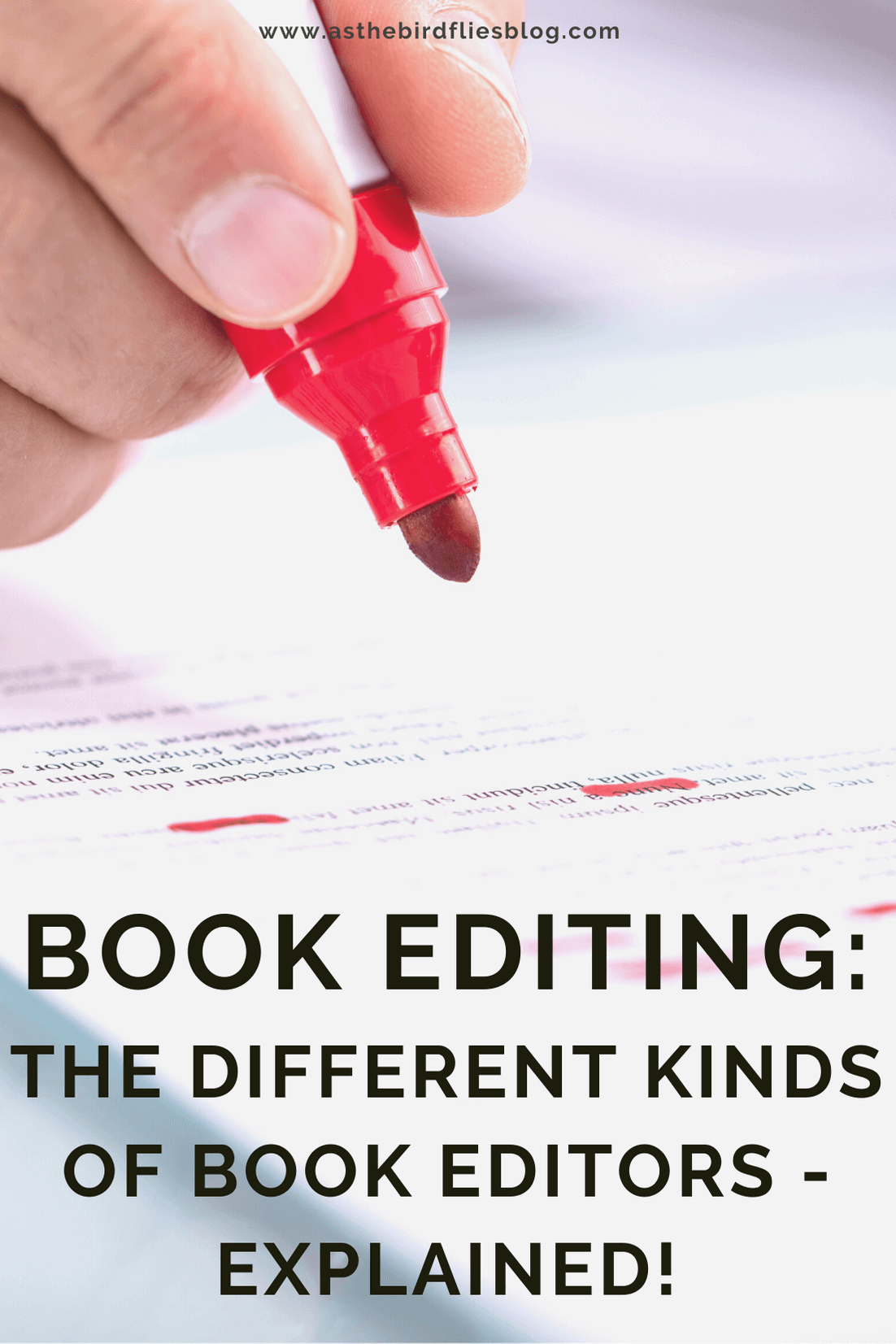
About the Author
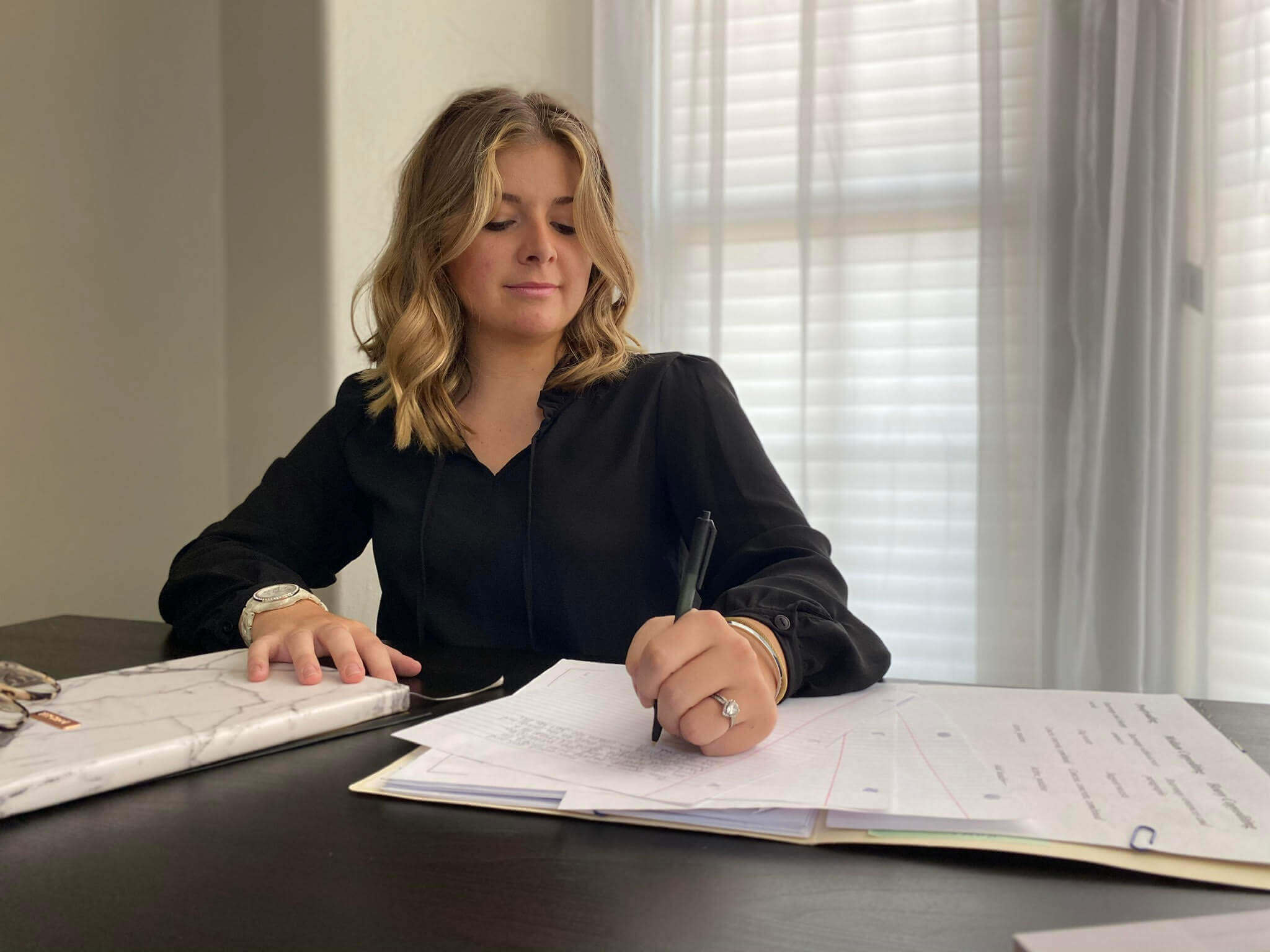
My name is Carly Catt, and I am a freelance copy editor and proofreader.
I like to work with authors more than any other kind of writer. I enjoy editing and reading many genres, including biography/autobiography, action/adventure, and historical fiction. (I draw the line at thriller—I’m sorry. I just can’t do it. But I still support you thriller writers!). I’m married, live in Arizona, and I love chocolate. I like to run, play piano, and make art of all kinds.

Frances M. Thompson
Find Frankie on Facebook, Twitter, Instagram, Pinterest, and Google+.
_x300.jpg?v=1) On Writing: The Year I Decided to Write for My Life
On Writing: The Year I Decided to Write for My Life On Writing: Best (& Easiest!) Creative Habits All Writers Should Try
On Writing: Best (& Easiest!) Creative Habits All Writers Should Try On Writing: How to Earn Money by Writing Stories
On Writing: How to Earn Money by Writing Stories Lover Mother Other: Poems - Out Now!
Lover Mother Other: Poems - Out Now! On Writing: Why NaNoWriMo Is NOT About Writing 50,000 Words
On Writing: Why NaNoWriMo Is NOT About Writing 50,000 Words About the Blog & Frankie
About the Blog & Frankie Welcome to My Amsterdam Travel Blog!
Welcome to My Amsterdam Travel Blog! Welcome to My Luxury Family Travel Blog!
Welcome to My Luxury Family Travel Blog! Welcome to My Writing Blog!
Welcome to My Writing Blog! I Write Stories That Move You
I Write Stories That Move You Order WriteNOW Cards - Affirmation Cards for Writers
Order WriteNOW Cards - Affirmation Cards for Writers Work With Me
Work With Me